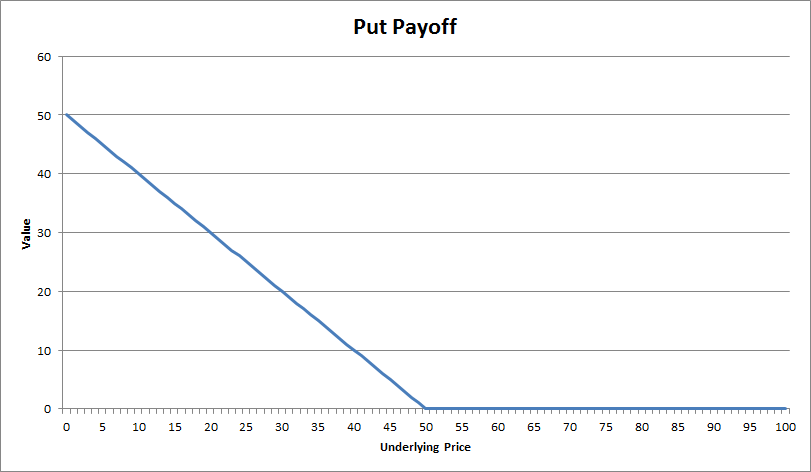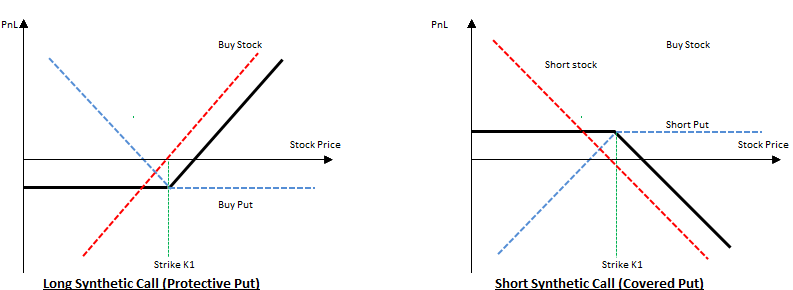Puts and Calls A Simple Way of Understanding Stock Options
Post on: 9 Июнь, 2015 No Comment

Puts and Calls are the only two types of stock option contracts and they are the key to understanding stock options trading.
In this lesson you’ll learn how you can protect your investments and never fear another market crash again. In the following video.
- You’ll see an example of making $6,280 with the stock McDonalds.
- And you’ll see how one of our students made over $6,365 when one of his stocks CRASHED in price.
Please stay encouraged! I know how tough investing can be sometimes, but once you learn this skill you’ll be able to make money in ANY market environment.
To receive more training, join our private email list.
I know from experience that understanding stock options is hard at first because there’s so much information to take in. That’s why I’m not teaching you any advanced strategies. My focus is on the basics.
So let’s take this lesson a step further.
There are only 2 types of stock option contracts: Puts and Calls
Every, and I mean every, options trading strategy involves only a Call, only a Put, or a variation or combination of these two.
Puts and Calls are often called wasting assets. They are called this because they have expiration dates.
Stock option contracts are like most contracts, they are only valid for a set period of time.
So if it’s January and you buy a May Call option, that option is only good for five months. The contract will expire or cease to exist in May, and when it expires so do all the rights the contract granted you.
Technically speaking, Puts and Calls expire the 3rd Saturday of the month of expiration. For example if I bought a December option, it will cease to exist (expire worthless) after the 3rd Saturday of December.
**However, stock option contracts cannot be traded on Saturday so for trading and practical purpose we say that stock option contracts expire on the 3rd Friday of the month of expiration.
Puts and Calls in Action: Profiting When a Stock Goes Down in Value
Buying Put options gives the buyer the right, but not the obligation, to sell shares of a stock at a specified price on or before a given date.
A Put option increases in value when the underlying stock it’s attached to declines in price, and decreases in value when the stock goes up in price.
That one is worth reading again!
When you’re first learning it’s always hard to wrap your head around that concept. But once we break down how Puts and Calls work it should be easier to understand the above concept.
Remember Put options give you the right to sell a stock at a specified price. When you are buying Put options, you are expecting, or want, the price of the stock to decline.
For instance, if you bought an IBM December 130 Put option, the option (contract) gives you the right to sell IBM stock for a price of $130 on or before the third Friday of December.
If IBM falls below $130 before the 3rd Friday in December you have the right to sell the stock for more than its market value.
So let’s say that IBM falls in price to $76. Everyone else who owns the stock has to sell it for $76, but you own a contract that says you can sell it for $130!
Now can you see why Put option contracts go up in value as the underlying stock goes down in price?
The further the stock falls in price below your strike price ($130) the more valuable the option becomes.
**You hold a contract that says you get to sell something for more than its market value.
Someone who owns a great deal of that stock and is facing the pressure of selling it at $76 would love to own a contract that says they could sell it for $130.
And do you think they might be willing to buy that contract from you? Yup they sure would.
Now let’s look at the opposite side of the equation. Let’s say IBM was trading at $200 a share.
Who would want to buy a contract from you that gives them the right to sell it for $130 a share when they could easily sell it for $200 on the open market?
No one, which is why Put options decrease in value as the stock price goes up.
Puts and Calls in Action: Profiting When a Stock Goes Up in Value

**Tip** The easiest way of understanding stock option contracts is to realize that Puts and Calls function opposite of each other.
Buying Call options gives the buyer the right, but not the obligation, to buy shares of a stock at a specified price on or before a given date.
Call options increase in value when the underlying stock it’s attached to goes up in price, and decrease in value when the stock goes down in price.
Call options give you the right to buy a stock at a specified price.
You buy a Call option when you think the price of the underlying stock is going to go up.
In the example above let’s say you bought an IBM December 95 Call option instead. This option gives you the right to buy IBM stock for $95 on or before the 3rd Friday of December.
Now imagine that IBM comes out with a new product and the stock shoots up in price to $127. You own a contract (Call option) that says you can purchase it for $95 a share.
Think shopping, you get to buy it at a ($32) discount or sales price when everyone else has to pay the full retail price.
So as the stock goes up in price, the 95 Call option goes up in value. A $140 stock price means you get a $45 discount in price etc. etc.
And vice versa, if the stock falls in price to $50 a share who wants to purchase a contract that gives them the right to purchase it at $95, when it’s selling cheaper on the open market.
If you exercised the right and bought the stock at $95 you’d immediately be at a loss of $45 since the stock is trading for $50 on the open market.
That’s the equivalent of someone trying to sell you a car for $2,000 when the market value of it is $1,500.
Lesson Review
You use a Call option when you think the price of the underlying stock is going to go up.
You use a Put option when you think the price of the underlying stock is going to go down.
Most Puts and Calls are never exercised. Option Traders buy and resell stock option contracts before they ever hit the expiration date.
This is because minor fluctuations in the price of the stock can have a major impact on the price of an option. So if the value of an option increases sufficiently, it often makes sense to sell it for a quick profit.
If you have followed the lessons step by step and are confused, then I highly recommend you go back through Module 1 until you have a good grasp of the concepts.
Confusion on top of confusion just equals more confusion. Take the time to learn it right the first time; it will be well worth your time, because fully understanding stock options is key to consistent profits.














